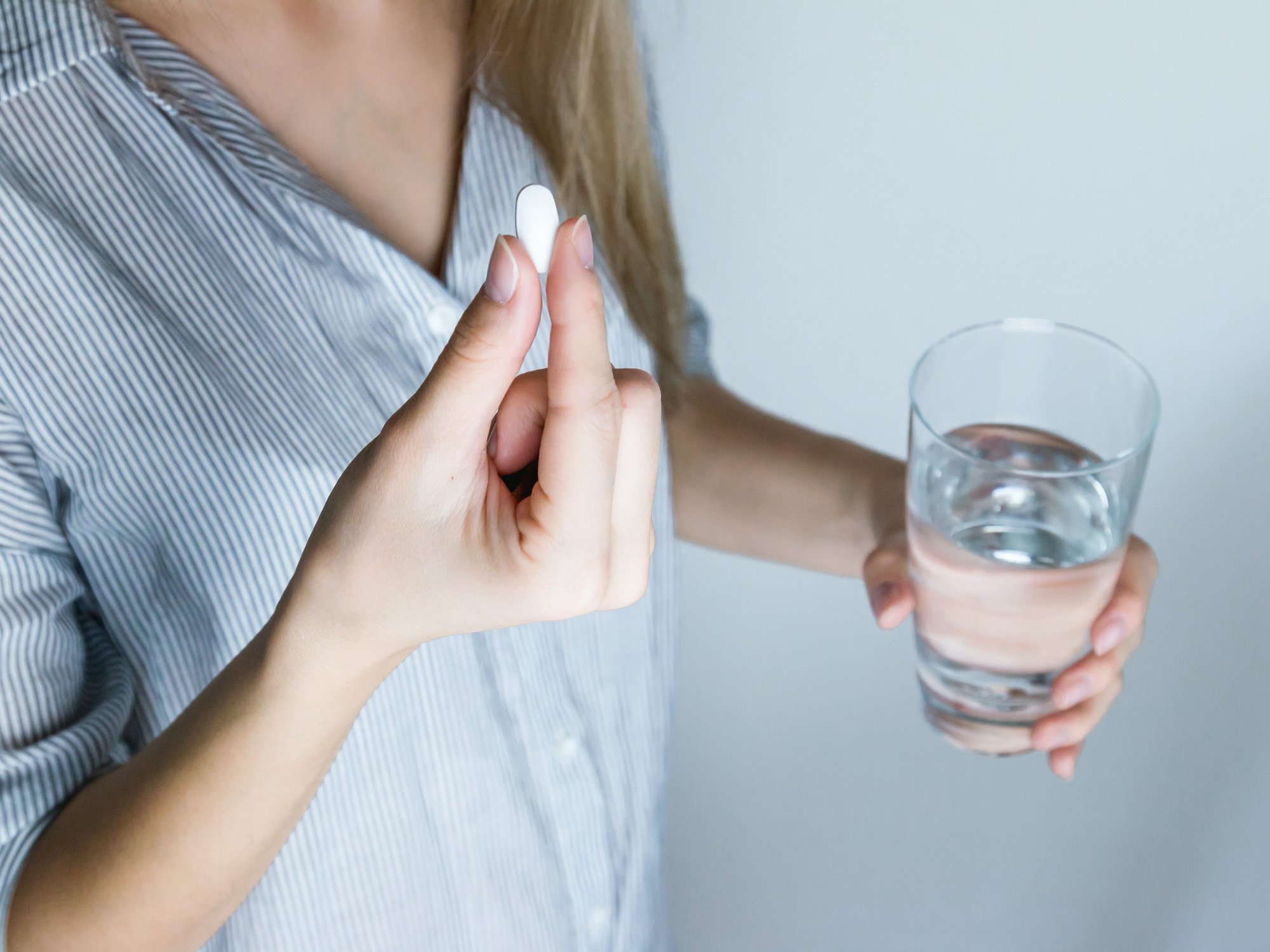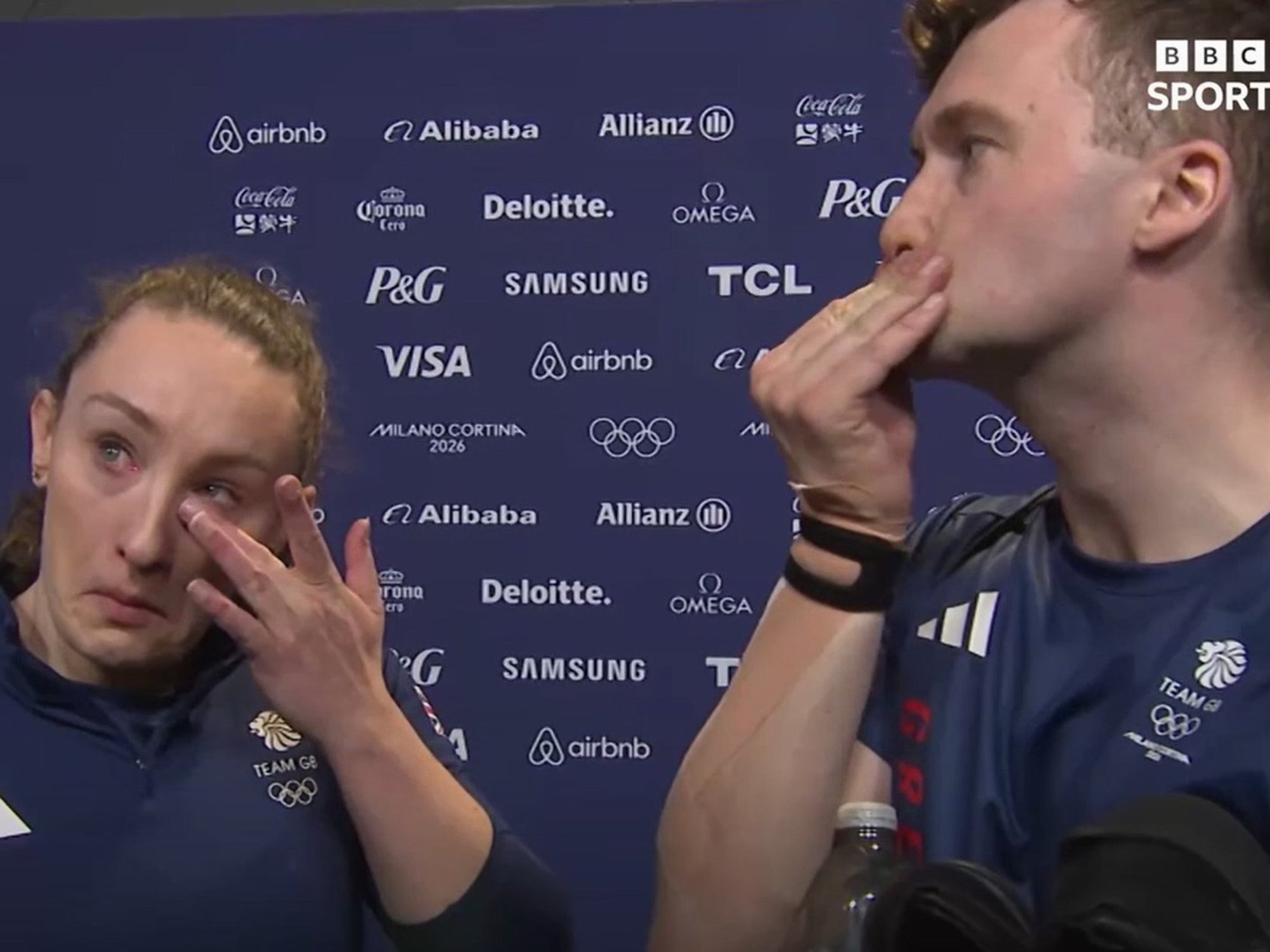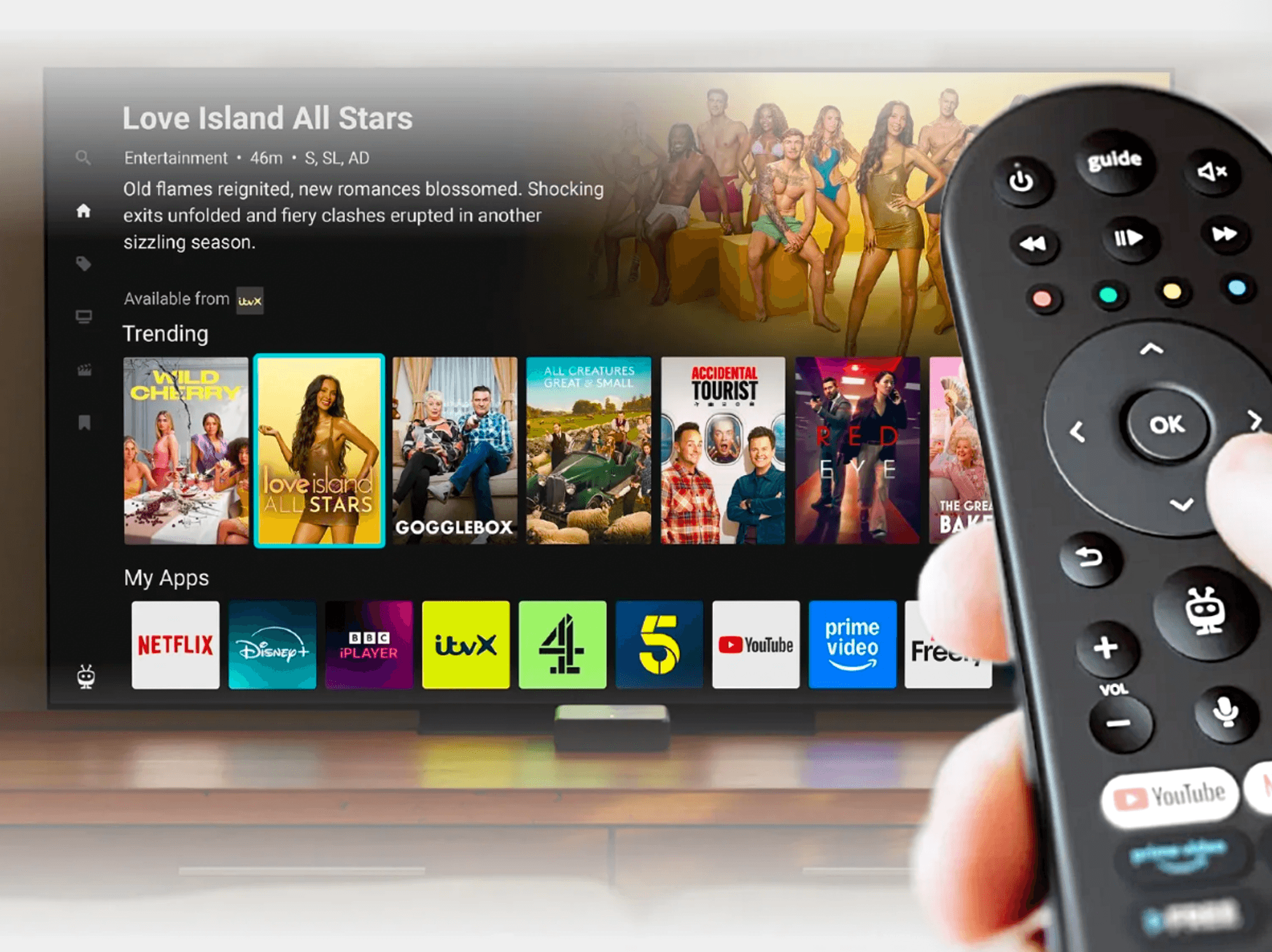Britons warned NHS prescription price hikes may be on the horizon in 'necessary' global shake-up

Wes Streeting explains the official NHS league table which reveals Britain's worst hospitals |
GBNEWS

Ministers have warned the "Trump factor" is a large driver in the prospective need to increase the prices the UK pays for medicines
Don't Miss
Most Read
Latest
Britons are warned the cost of their NHS prescriptions could increase "to halt an exodus of pharmaceutical investment from Britain", the science minister has warned.
Lord Patrick Vallance stated that "price increases are going to be a necessary part" of addressing the pharmaceutical sector's concerns.
Speaking at the inauguration of Moderna's new Oxfordshire facility, Lord Vallance acknowledged that US President Donald Trump played a significant role in reshaping global drug pricing dynamics.
He recognised that "the Trump factor" represents a major influence, noting that "President Trump has said he wants greater parity on pricing" between nations.
The minister's remarks follow a series of high-profile withdrawals by major pharmaceutical companies, with industry representatives criticising Britain's drug pricing as inadequate compared to other developed countries.
Several major pharmaceutical firms have recently withdrawn or suspended substantial UK investments.
Merck abandoned plans for a £1billion facility at London's Kings Cross, whilst AstraZeneca halted a £200million investment at its Cambridge research site.
The pharmaceutical industry has voiced sharp criticism of Britain's drug pricing structure. Eli Lilly described the UK as "probably the worst country in Europe" for medicine prices.
Novartis warned in August that British patients would miss out on innovative treatments due to escalating costs, citing "systemic barriers" that discourage significant investments in manufacturing, research or advanced technology within the UK.
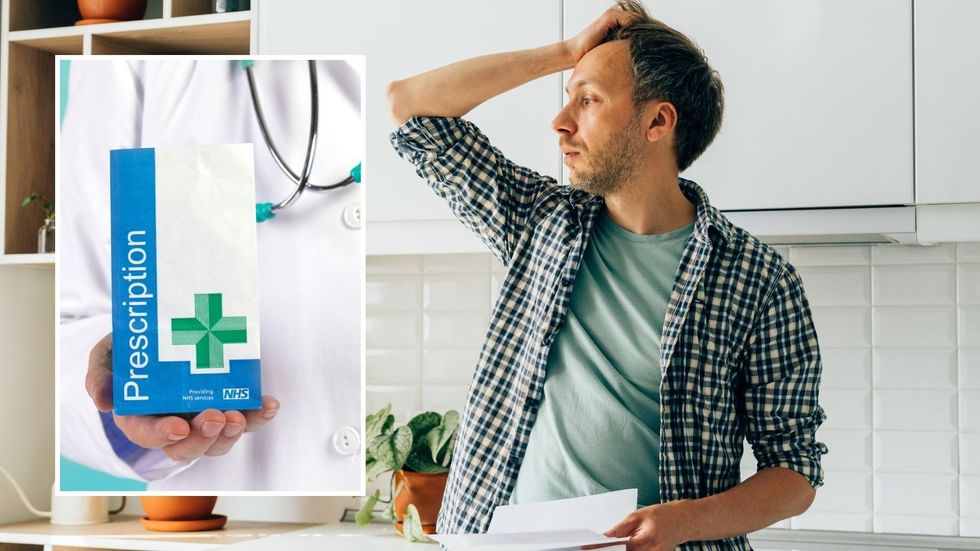
Prescription costs are rising
| GETTYThese departures contrast sharply with Moderna's commitment, established three years ago, to invest over £1billion in British research and development through a decade-long partnership.
Lord Vallance acknowledged on BBC's Today programme that Trump's policies constitute "a big factor" in the pharmaceutical pricing debate, observing that "drug prices are very much higher in the US than anywhere else in the world".
He explained that American markets generate "a lot of" pharmaceutical companies' profits, whilst Britain represents "something like two per cent or less of the profit of companies globally".
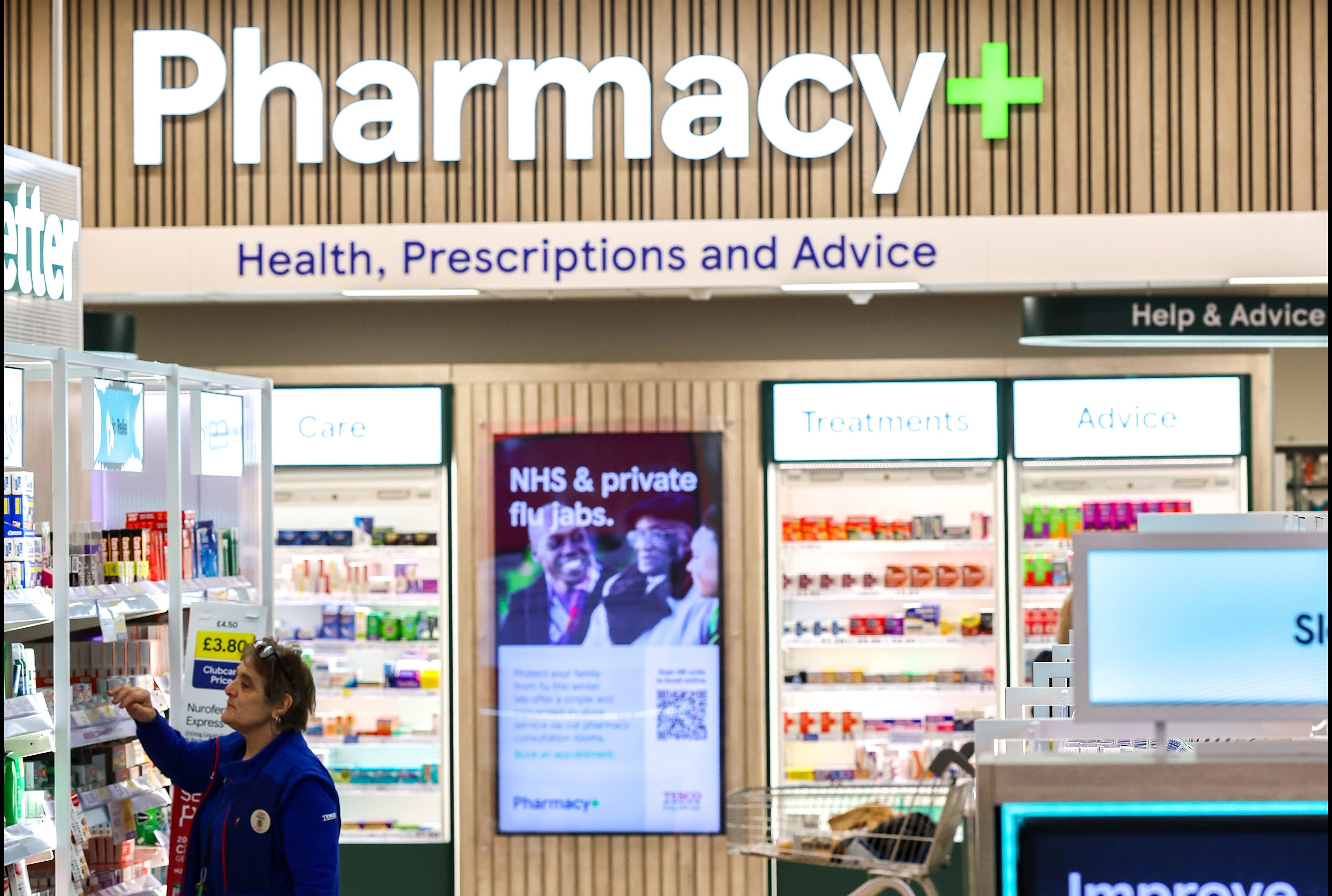
American markets generate "a lot of" pharmaceutical companies' profits
| TESCOWhen questioned whether British prices must rise if American prices fall, the minister responded: "Well, I don't think that's necessarily the equation, but of course, President Trump has said he wants greater parity on pricing."
Mr Trump has exerted pressure on pharmaceutical firms to reduce American drug costs whilst encouraging greater US investment, creating competing pressures for companies operating internationally.
Britain's pharmaceutical spending has declined from 15 per cent of the NHS budget to nine per cent over the past decade, whilst other developed nations maintain expenditure between 14 per cent and 20 per cent.
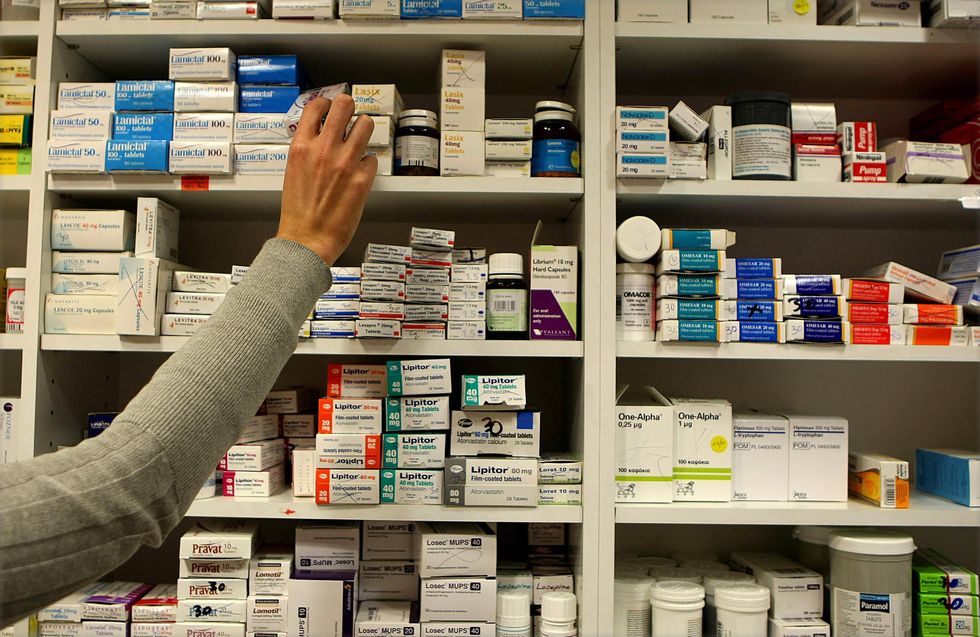 Some medicines could be at risk | PA
Some medicines could be at risk | PAHealth Secretary Wes Streeting, who previously declared he would not permit pharmaceutical companies to "rip off" taxpayers and characterised their stance as "short-sighted", adopted a more diplomatic approach on Wednesday.
"It's a live conversation not just domestically with the industry but internationally with the US as well," Streeting stated at the Moderna opening.
He highlighted "an intersection between the growth ambitions of the government, the health ambitions of the government, the trade ambitions of the government and bilateral relations with the US".
Lord Vallance expressed confidence that "it's inevitable we must end up with a deal of some sort", emphasising benefits for both the economy and patients.
More From GB News





